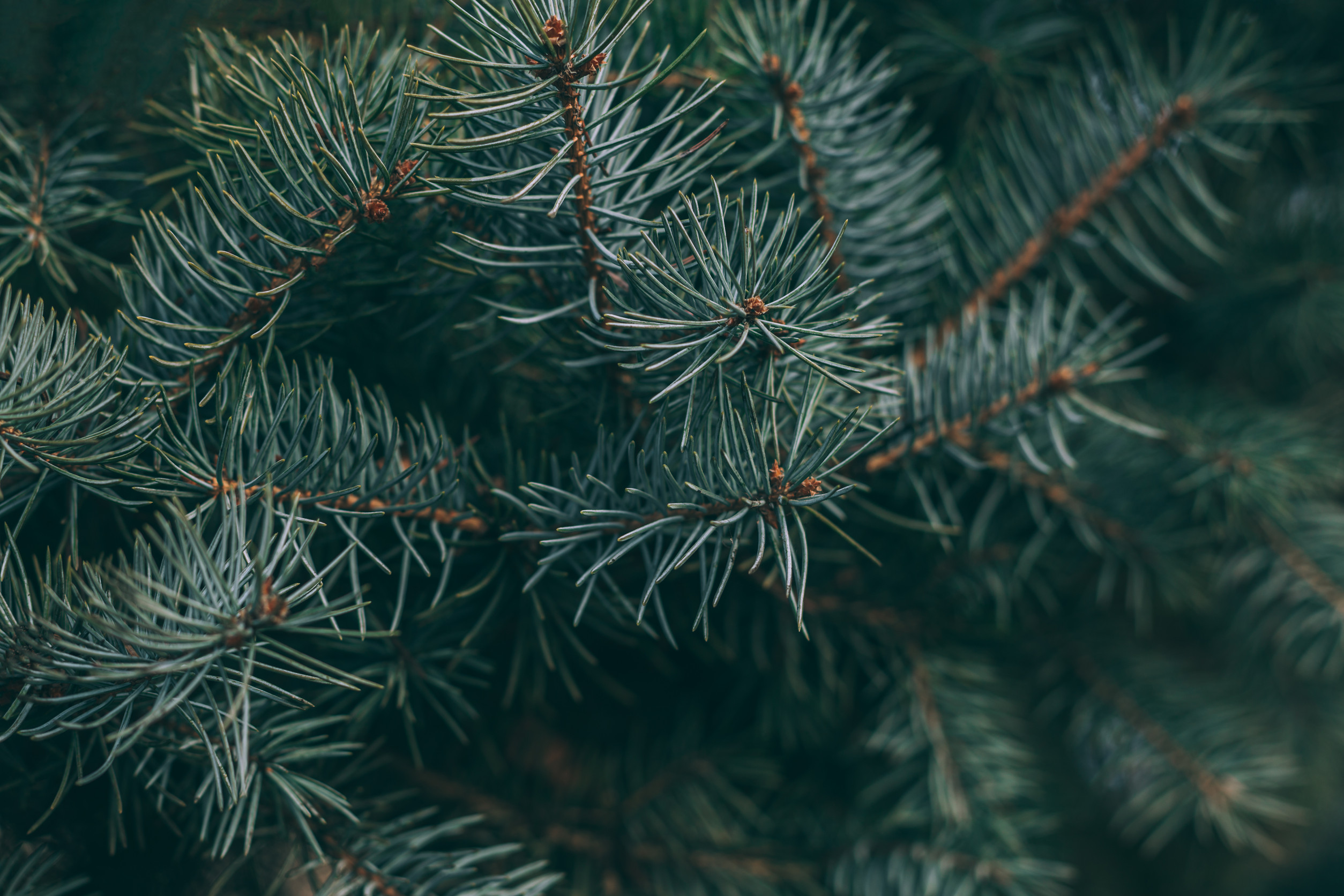From The Intelligent Optimist Magazine
Winter 2017
Sharing the peace in our hearts.
By Arun Gandhi
The salt march

On March 12, 1930, Mohandas Gandhi, then 61, left his ashram with a group of 78 volunteers and set out for the sea. His destination was the village of Dandi, 241 miles to the south. After he arrived at the beach, 24 days later, Gandhi and his volunteers proceeded to make salt, the production of which was controlled by the British colonial rulers. The Salt March started India’s independence movement.
Photograph: Dinodia Photos / Alamy Stock Photo
The concept of “Love thy neighbor” is in every religious scripture. But the problem with religion today is that it is not being practiced. We practice the rituals instead of practicing the essence of a religion. My grandfather was very concerned about that. He said that a friendly study of all the scriptures is the sacred duty of every individual. He emphasized the word friendly because he said critical studies have been made a dime a dozen. He was a Hindu but he read the Old Testament and the New Testament, the Quran and the Buddhist scriptures. He found that none of them had the whole truth but that each one had a fraction of the truth. But most people hang on to their religion thinking that it is the whole truth.
My grandfather realized that the only way we can come to understand all the religions is if we have a dialogue and talk not only about what are the good things in our religion but also about the bad things and about what we do to change those bad things into good things. He practiced his interfaith. I grew up in an interfaith family. Every morning and evening my grandfather’s prayers included hymns from every major religion of the world. We would sit in a neutral place without any religious symbols–except for a little candle—and we would sing all the hymns from all the religions of the world. That’s why I feel comfortable in a church, in a Hindu temple, in a mosque, or in a synagogue. I don’t see any divisions because, again as my grandfather said, religion is like climbing a mountain: We are all going up to the same peak so why should it matter which side of the mountain we choose to climb up.
He also said that we need to change and reform religions when they talk about sinners and good people. When we begin to judge and divide people in this way, we are creating conflicts. My grandfather during all his religious and political struggles, refused to look at anybody as an enemy. He said: “I don’t have any enemies, I have friends who are misguided and I want to change them.” His focus on nonviolence was about changing and transforming the person.
I lived with my grandfather from when I was 12. I coming home from school one day and I had a little pencil about three inches long and I decided it was too small for me to use and I threw it away. I was sure my grandfather would give me a new one. But when I asked him, instead of giving me one, he subjected me to a lot of questions. He wanted to know how the pencil became small and why and where did I throw it away. I couldn’t understand why he was making such a fuss over a little pencil and until he told me to go out and look for it. “You must be joking”, I said, “you don’t expect me to look for a little pencil in the dark”. He said: “Yes, I do. Here is the flashlight.”
I must have spent about two hours searching for that pencil and when I finally found it, I brought it to him.
“I want to you to sit here and learn two very important lessons”, he said.
“The first lesson is that even in the making of a simple thing like a pencil we use a lot of the world’s natural resources and when we throw them away, we are throwing away the world’s natural resources and that is violence against nature. And the second lesson is that because in an affluent society we can afford to buy all these things in bulk, we over-consume the resources of the world and because we over-consume them, we are depriving people elsewhere of these resources and they have to live in poverty and that is violence against humanity.
That was the first time I realized that all of these things that we do everyday consciously and unconsciously, things that we over-consume and throw away and destroy and waste and all of these things that we do are part of violence, it is an act of violence, either against nature or against human beings there. He made me draw a genealogical tree of violence—just as we do a family tree—with violence as the grandparent and physical violence and passive violence as the two branches. And every day before I went to bed, I had to analyze and examine everything that happened to me and in my life during the day and I had to put the events in their appropriate places on the tree.
All the fighting, beating, murders, rapes and wars were listed under physical violence. And everywhere we hurt people through discrimination, hate, and prejudice, or when we waste resources or when we don’t show concern for the people who are hungry, that was listed under passive violence. When I began to do this introspection, I was amazed that within a few months I was able to fill up the whole wall in my room with acts of passive violence—not so much the physical violence. The physical violence had limitations but the passive violence grew endlessly and that is when he explained to me the connection between the two:
“We commit passive violence all the time, every day consciously and unconsciously and that generates anger in the victim and the victim then resorts to physical violence to get justice. So it is passive violence that fuels the fire of physical violence. So logically if we want to put out that fire of physical violence, we have to cut off the fuel supply and since the fuel supply comes from each one of us, we have to become the change that we wish to see in the world. We cannot create peace if we are not able to live in harmony. We cannot practice nonviolence if we don’t understand the violence that we commit all the time. It is essential that we understand all of these things and how they affect us and how our relationships with each other are corrupted by the materialistic life style that we have chosen. It has made us so selfish and self-centered that we are thinking only about ourselves and not about our relationship with each other.”
We can only have peace when we think about the other. My grandfather was fond of telling us a story about an ancient Indian king who was searching for the meaning for peace. He invited all the intellectuals in his kingdom to come and explain the meaning of peace and everybody came and tried their best but nobody could satisfy the king. And one day there was an intellectual from another town who was visiting and the king asked him to explain the meaning of peace. And he said, the only person who can give you a satisfactory answer is an old sage who lives outside your kingdom but he is so old that he cannot come to you, you will have to go to him and ask him this question. The next day the king went to this sage and asked him the meaning of peace. The sage quietly went to the back of the house and got a grain of wheat and placed that grain of wheat on the king’s palm and said: “Here is your answer”.
The king had no idea what a grain of wheat had to do with peace and he didn’t want to show his ignorance, so he quietly clutched that grain of wheat and went back to his palace and placed that grain of wheat in a gold box. And every morning he would open the box to look for an answer but he couldn’t find any.
When the intellectual came back on a return visit, the king asked him to explain.
“You sent me to the sage, he gave me this grain of wheat and I don’t know what the grain of wheat has to do with peace, so please explain.”
The intellectual said: “It is very simple. As long as you keep this grain of wheat in this box, nothing is going to happen, it will eventually rot and perish and that will be the end of the story. But if you allow this grain of wheat to interact with all the elements, if you plant it in the soil, it will sprout and grow and very soon you will have a whole field of wheat. That is the meaning of peace: If we find peace in our hearts and if we keep it locked up for our own personal gains, it will perish with us, but if we let it interact with all the elements, it will sprout and grow and very soon we will have a world of peacemakers.” and that is meaning of peace.
I got this grain of wheat from my grandfather and I’m giving it to you in the hope that you won’t let it rot and perish but let it interact so that all of us together can transform this world and make it a better place future generations.
Arun Gandhi is an Indian-American socio-political activist, and the fifth grandson of Mahatma Gandhi. This is an excerpt from a talk Gandhi gave at the Festival of Faiths, May 17-21 2016, Louisville, Kentucky. More information: www.festivaloffaiths.org












